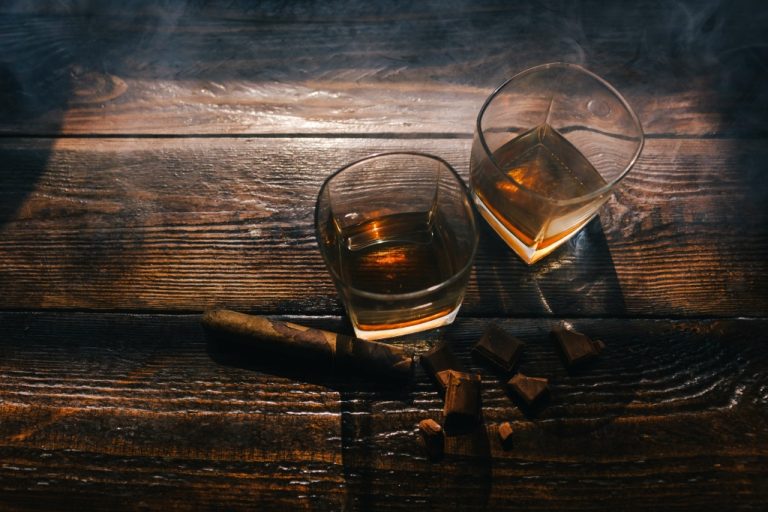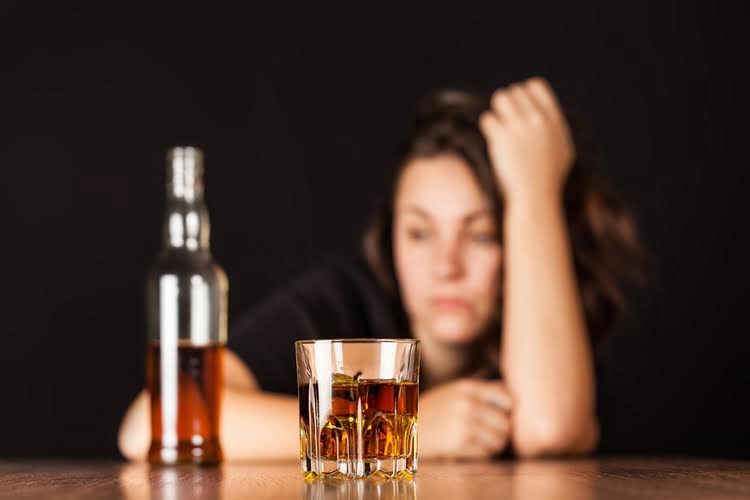Alcohol can lead to fragmented sleep and waking up during the night, as it disrupts the sleep cycle. Drinking alcohol can disrupt the rapid eye movement (REM) phase of sleep, an important, restorative stage of deep sleep during which dreaming occurs. All data were managed according to the Italian law for the protection of privacy (Decree n. 196, January 2003). A multidisciplinary team of health experts collected and analysed the data insomnia after stopping drinking collected through the questionnaires administered regarding alcohol and sleep habits.
Disturbed Sleep and Its Relationship to Alcohol Use
Alcohol disrupts the natural sleep cycle by interfering with neurotransmitters like gamma-aminobutyric acid (GABA) and glutamate, which regulate sleep. Initially, alcohol may cause sedation, but as it is metabolized, it leads to fragmented sleep and frequent awakenings. Chronic alcohol use can worsen insomnia, making it a persistent issue even after stopping alcohol consumption.

Sleep Quality vs. Sleep Quantity: What Matters More?
The cutoff value for alcohol use disorders is 10 points for men and 8 points for women. It’s true that drinking alcohol can make the first few hours of your sleep more restful. It increases your slow-wave sleep (SWS) stage, a dreamless state in which your body repairs itself and regulates the immune system.
Can Alcohol Consumption Cause Obstructive Sleep Apnea?
Drinking too much is likely to have the opposite effect and leave you feeling groggy and possibly hungover the next day. Alcohol before bed has been shown to lead to fragmented sleep and frequent waking. If you turn to booze to help you snooze, you could be messing with the quality of your sleep.

Staying hydrated, eating bland foods, and steeling yourself for a rough night are good ideas too. We publish material that is researched, cited, edited and reviewed by licensed medical professionals. The information we provide is not intended to be a substitute for professional medical advice, diagnosis or treatment.
- RLS is a neurological condition characterized by an uncontrollable urge to move the legs, usually due to uncomfortable sensations.
- Alcohol acts in a dose-dependent manner by interfering with the action of gamma-aminobutyric acid (GABA) and glutamate, both of which play important roles in the regulation of sleep-wake rhythms 93,94.
- Late afternoon (“happy hour”) drinking, as much as six hours before bedtime, also disrupts sleep, even though alcohol is no longer in the brain at bedtime (18).
- However, scientific consensus maintains that chronic use ultimately disrupts sleep-related physiology–even among those who do not meet diagnostic criteria for alcohol dependence.
- Alcohol can have a sedative effect and cause a person to fall asleep more quickly than usual.
Alcohol interferes with these circadian rhythms regulating the liver, and can contribute to compromised liver function, liver toxicity, and disease. Getting enough quality sleep at night is important to your overall health. You may want to consider the health benefits of sleep when you’re considering whether to cut back or stop using alcohol. Drinking in the evening or before bed worsens sleep apnea making it more difficult to breathe. The more you drink, the worse effect it can have on your breathing and sleep.
How Many Drinks Are Considered Safe for Good Sleep?
- This can reduce the likelihood of sleep disruptions later in the night.
- Many moderate alcohol users also drink before sleep if they suffer from insomnia.
- A person might think that having a drink before bed may help them sleep because alcohol helps them relax.
- As alcohol enhances the GABA’s function, it causes a slowing of brain activity, which can make a person feel sleepy and tired.
Alcohol-induced sleep disorder is a condition where individuals struggle to fall asleep or stay asleep due to alcohol consumption. While alcohol is often thought to promote relaxation and sleep, it actually disrupts the natural sleep cycle, leading to poor sleep quality and other health issues. Historically, alcohol has been used as a sedative, but its long-term effects on https://kinglocksmithingfl.com/alcohol-misconceptions-can-alcoholism-be-cured/ sleep are harmful. Over time, regular alcohol use can cause chronic sleep problems, significantly impacting both physical and mental health. Difficulty falling asleep, or sleep-onset insomnia, affects 30-40% of individuals with alcohol-induced sleep disorder.
Mood Disturbances
“People who use alcohol as a sleep aid often wake up feeling tired, groggy, or unrested due to disruptions in their sleep architecture, including reduced REM sleep, frequent awakenings, and shallow rest,” says Dr. Kaylor. Using alcohol to sleep is a more common practice than you think but it’s also a false economy. Yes you’ll initially feel drowsy after a couple of drinks (depending on what you’re drinking), but experts say that it does more harm then Halfway house good. Below, we’ll cover why you can’t sleep after drinking alcohol and how you can use the RISE app to fall and stay asleep more easily, even when you have a drink. Among both men and women, depression symptoms and anxiety symptoms were significantly correlated with increased PSQI-K values.
As the effects of alcohol wear off, it can cause you to wake up more frequently throughout the night. Studies show that alcohol consumption is linked to a higher frequency of waking up during the second half of the night, which can make it hard to fall back asleep. These interruptions can cause a reduction in overall sleep quality, leaving you feeling unrested, groggy, and fatigued the next day.




